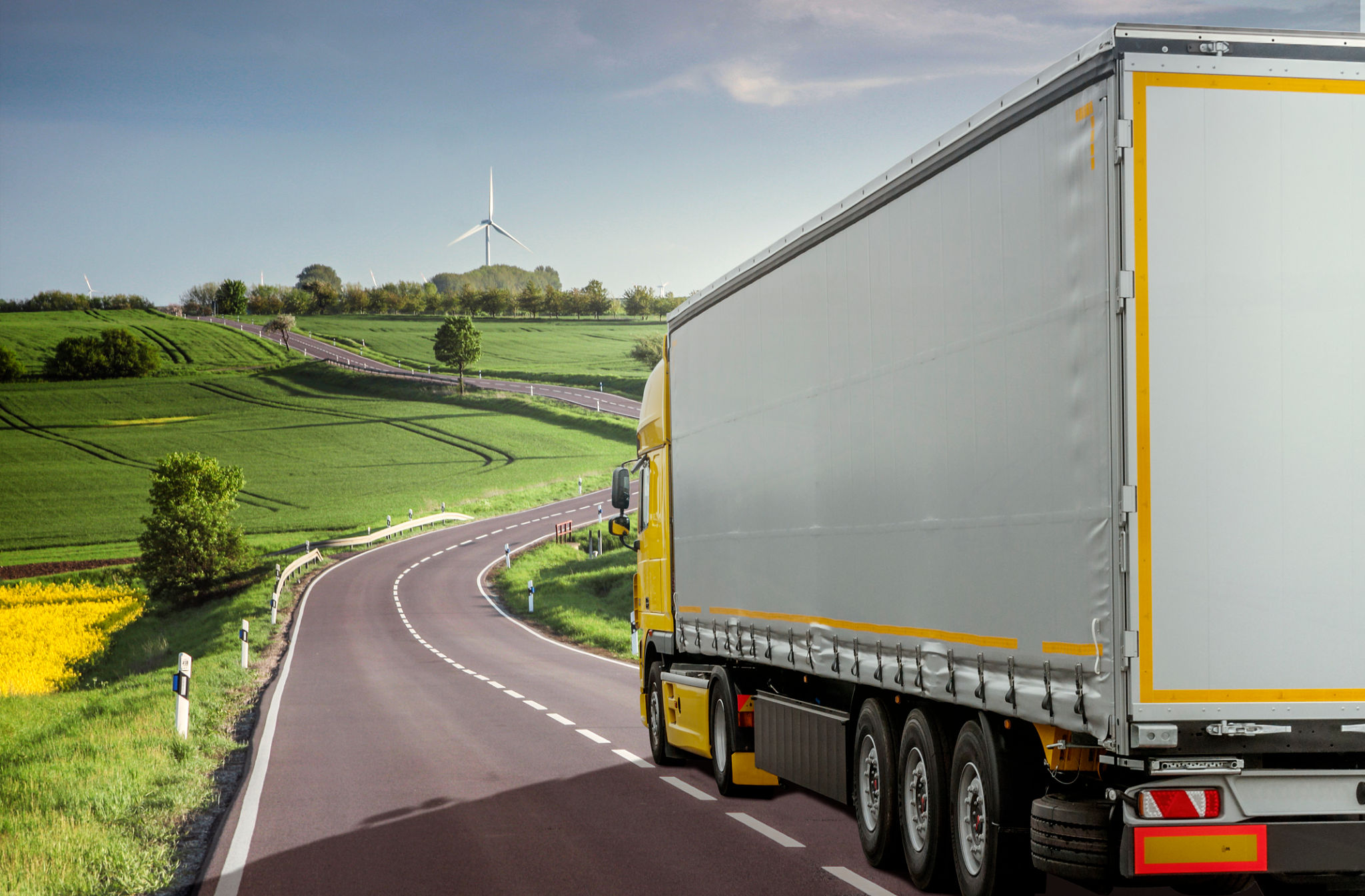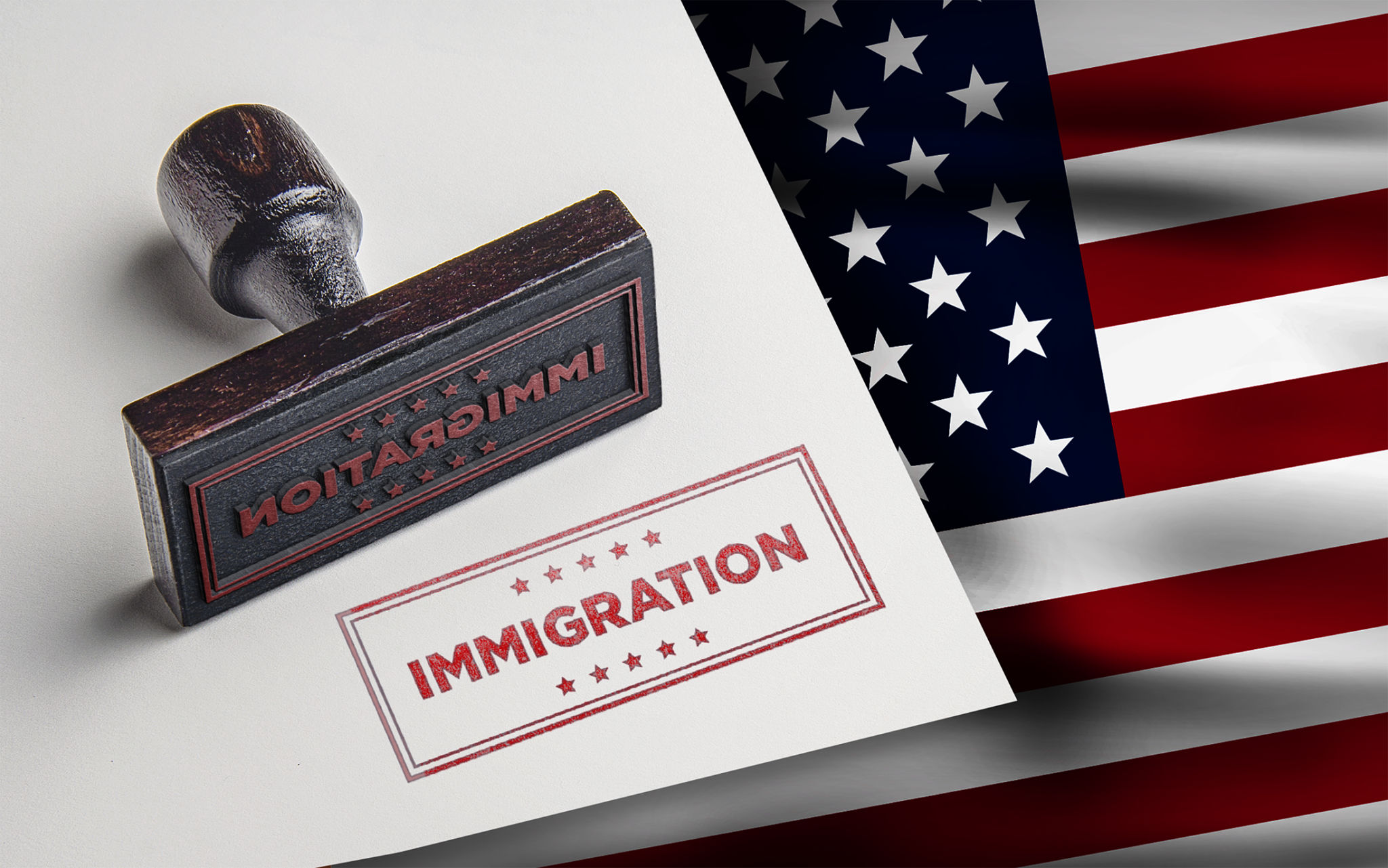Navigating Regulatory Requirements in the Luxembourg Supply Chain Sector
Understanding the Regulatory Landscape
Luxembourg, with its strategic location in the heart of Europe, plays a critical role in the supply chain sector. However, the regulatory environment can be complex and challenging to navigate. Businesses operating in this sector must stay informed about both national and international regulations to ensure compliance and avoid potential pitfalls.
The regulatory framework in Luxembourg is influenced by both local laws and broader EU regulations. This means that companies need to be well-versed in a variety of directives that impact their operations. Understanding these requirements is crucial for maintaining seamless supply chain operations and ensuring competitive advantage in the market.

Key Regulatory Bodies and Their Roles
Several key regulatory bodies oversee the supply chain sector in Luxembourg. The most prominent of these include the Ministry of the Economy, which oversees economic activities, and the Administration des Douanes et Accises, which handles customs and excise duties. Additionally, the Luxembourg Chamber of Commerce provides valuable resources and guidance for businesses navigating regulatory requirements.
Each of these bodies plays a vital role in ensuring the sector operates smoothly and adheres to established standards. Companies must engage with these entities regularly to stay updated on any changes that could impact their operations.
Compliance with Customs Regulations
Customs regulations are a critical component of the supply chain sector in Luxembourg. Businesses must ensure compliance with import and export requirements to facilitate smooth cross-border trade. This includes accurate documentation, tariff classifications, and adherence to restrictions on certain goods.

Environmental Regulations and Sustainability
Environmental considerations are increasingly becoming a focal point in the supply chain industry. Luxembourg has implemented various regulations aimed at promoting sustainability and reducing environmental impact. Companies are encouraged to adopt green practices and ensure their supply chains are environmentally responsible.
These regulations often include requirements for waste management, energy efficiency, and emissions control. By integrating sustainable practices, businesses not only comply with regulations but also enhance their corporate image and appeal to eco-conscious consumers.
Data Protection and Cybersecurity
In today's digital age, data protection and cybersecurity are paramount in the supply chain sector. Luxembourg's regulations in this area are robust, ensuring that companies safeguard sensitive data and maintain the integrity of their operations. The General Data Protection Regulation (GDPR) is a key piece of legislation that businesses must adhere to in order to protect personal data.

Adapting to Regulatory Changes
The regulatory landscape is ever-evolving, making it crucial for businesses to remain proactive in adapting to changes. Regular training sessions, compliance audits, and consultations with legal experts can help companies stay ahead of regulatory shifts. Implementing a compliance management system can also streamline this process, ensuring that all aspects of the business are aligned with current laws.
By staying informed and adaptable, companies in Luxembourg's supply chain sector can mitigate risks and capitalize on emerging opportunities. Navigating the regulatory requirements may be complex, but with the right strategies and resources, businesses can thrive in this dynamic environment.